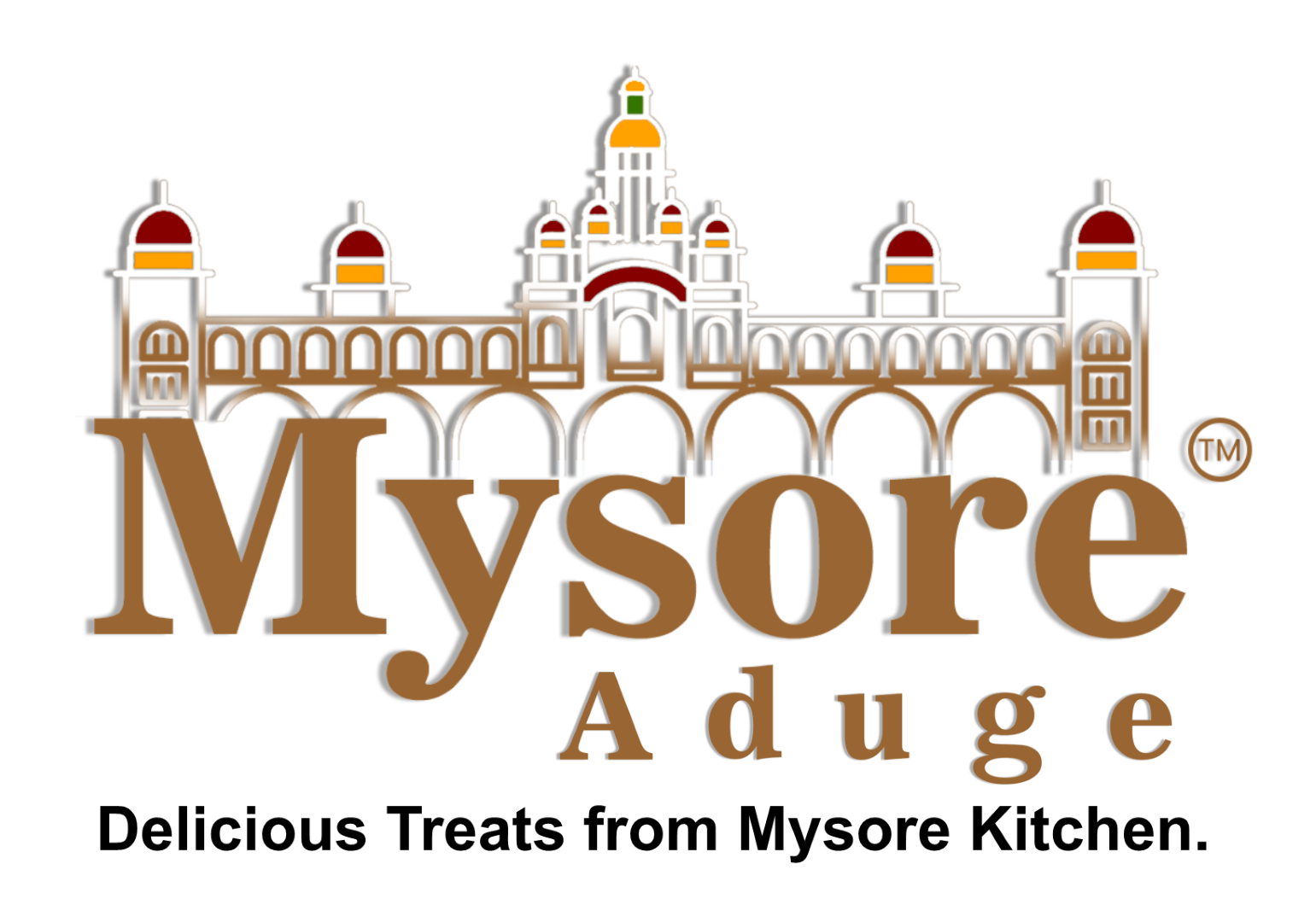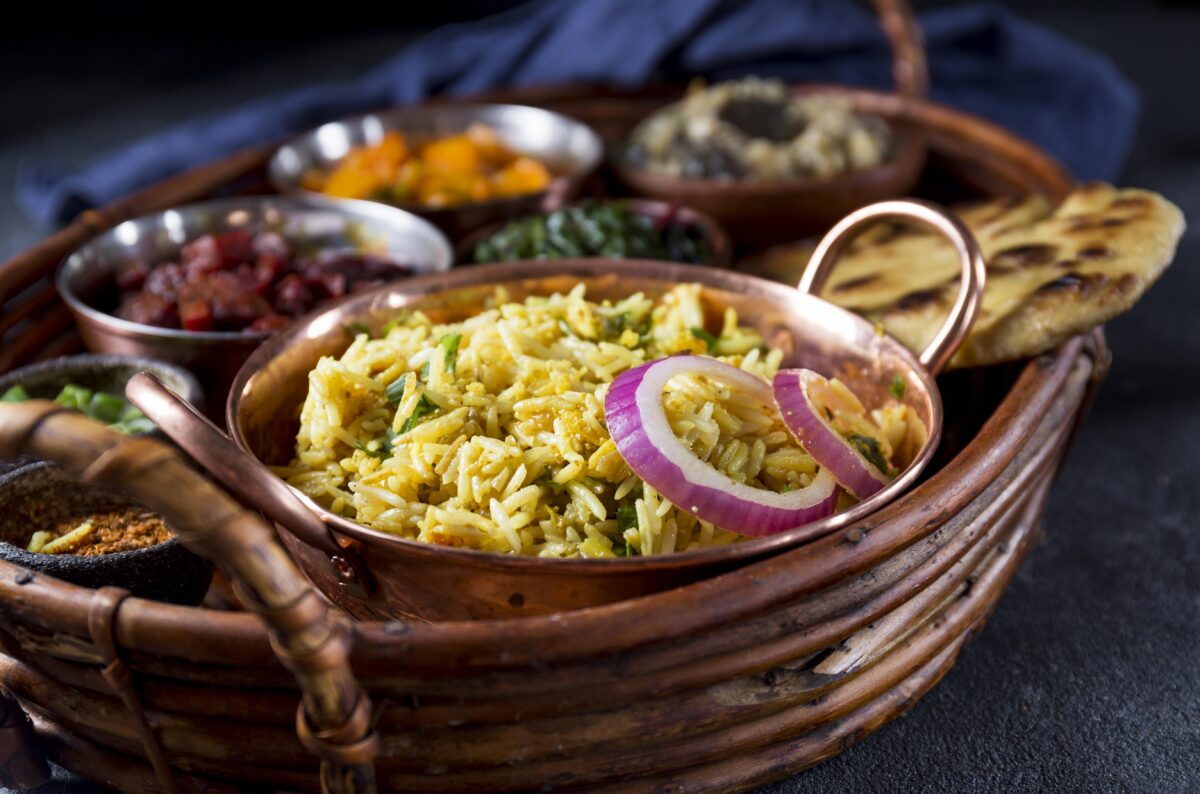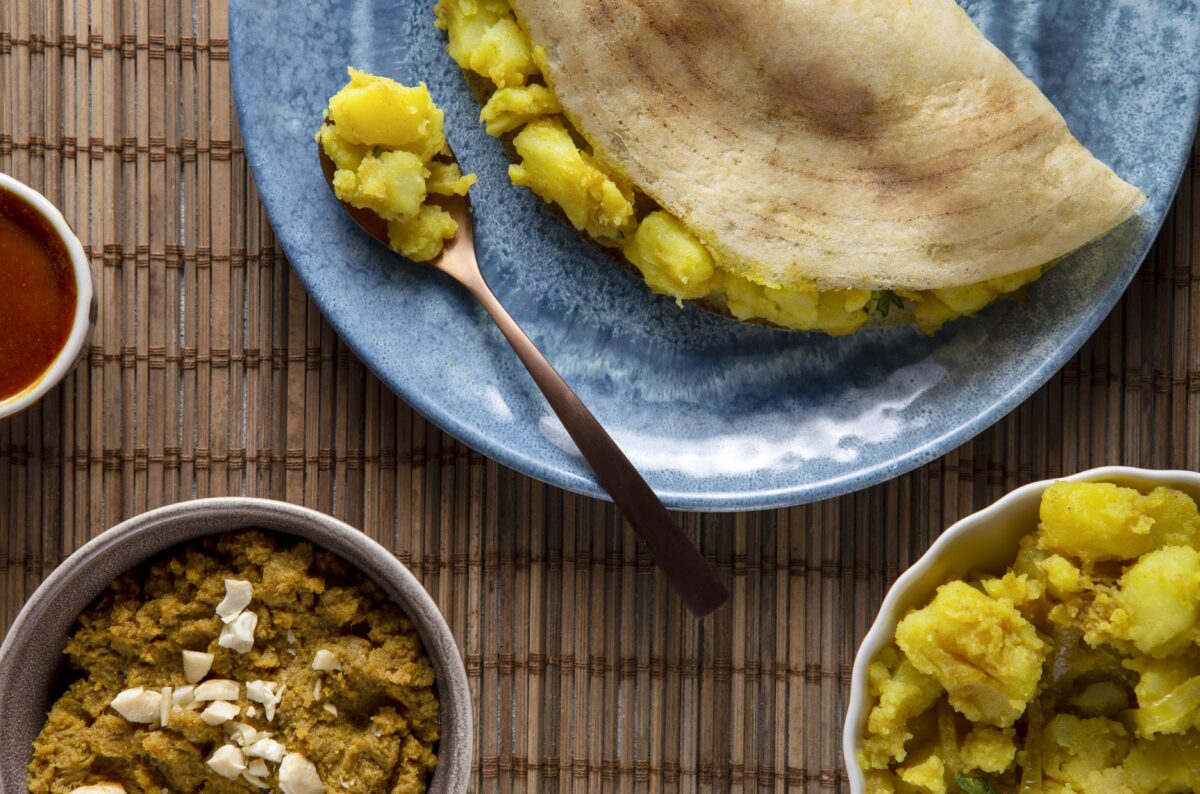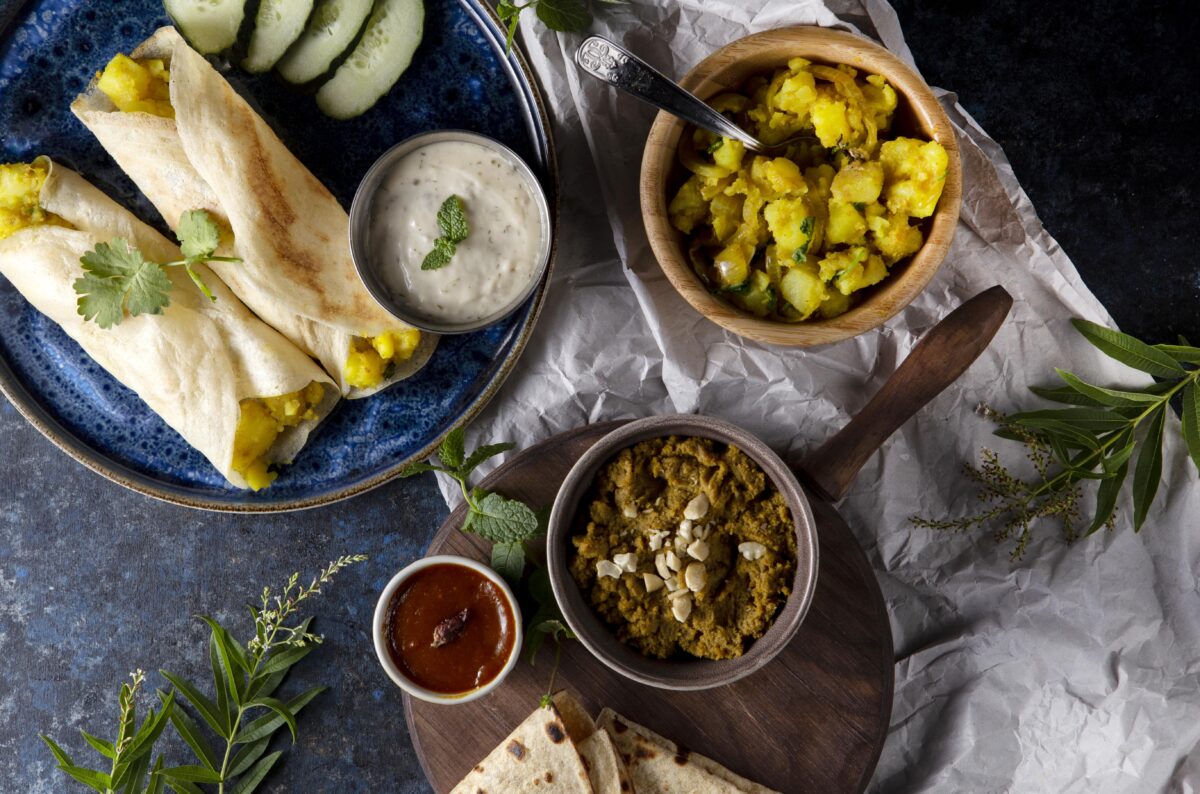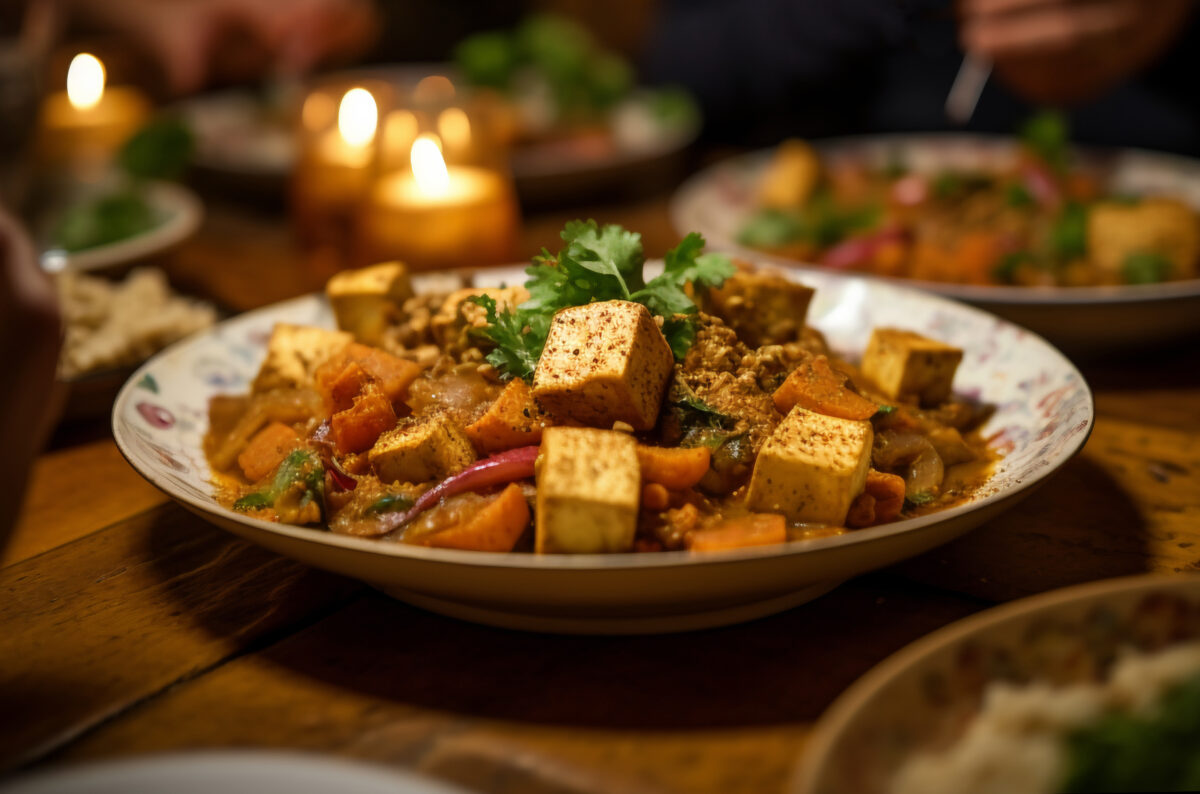
- June 26, 2025
Restaurant Business Plan Guide for 2025: Startup Models, F&B Strategy & Operations Planning
Launching a restaurant successfully in today’s competitive food and beverage industry requires more than just passion for food—it demands a carefully crafted restaurant business plan. This essential document acts as a blueprint, guiding entrepreneurs through the complex process of starting and operating a profitable restaurant. Whether you are planning a small South Indian vegetarian outlet or a large-scale franchise, a well-structured restaurant business plan is your foundation for success.
In the rapidly evolving Indian market, where consumer tastes and trends change quickly, having a comprehensive restaurant business plan that incorporates a strong F&B strategy, a scalable startup model, and an efficient restaurant operations plan will help you stay ahead. At Mysore Aduge, we understand how vital this planning is and offer franchise opportunities to those ready to build a business rooted in tradition and innovation—ranging from our presence in cities like South Indian restaurants in Ahmedabad, South Indian restaurants in Mumbai, South Indian restaurants in Delhi, South Indian restaurants in Vadodara, and South Indian restaurants in Jaipur, to full-fledged models like veg restaurant franchise in India.
What Is a Restaurant Business Plan?
A restaurant business plan is a detailed written document that outlines your restaurant’s goals, strategies, and operational framework. It serves as a roadmap, helping you translate your culinary vision into a viable business. A robust business plan defines your target market, competitive edge, marketing approach, financial forecasts, and day-to-day management plans.
Incorporating a modern startup model into your restaurant business plan ensures your venture is adaptable to changing market conditions and scalable for growth. This alignment between your strategic vision and operational execution is crucial to attract investors, secure loans, and manage resources effectively. The restaurant business plan bridges your dream and reality by setting clear milestones and actionable steps.
Components of a Winning Restaurant Business Plan
Creating a comprehensive restaurant business plan involves including the following key sections:
Executive Summary
This is the first and most critical part of your restaurant business plan. It should concisely communicate your restaurant’s mission, vision, and concept. For example, Mysore Aduge’s franchise model focuses on authentic South Indian vegetarian fast-casual dining, combining heritage recipes with modern service.
- State your unique value proposition.
- Highlight the restaurant’s concept and target market.
- Summarize financial projections and funding requirements.
Learn more about our South Indian food franchise in Bangalore for a modern take on traditional business models.
Company Description
This section explains your restaurant’s business structure, ownership details, and identity. Your restaurant business plan should emphasize your brand’s authenticity and core values.
- Describe your legal structure (proprietorship, partnership, private limited).
- Explain your restaurant’s history or inspiration.
- Showcase what differentiates your restaurant from competitors.
At Mysore Aduge, this section reflects our dedication to preserving culinary tradition while delivering a contemporary experience.
Market & Location Analysis
A thorough market and location analysis is vital for any restaurant business plan. It demonstrates your understanding of the local market demand and competition.
- Identify trends in regional cuisine popularity.
- Analyze demographics such as age, income, and dining preferences.
- Choose a location with high footfall and suitable customer profiles.
Using local insights ensures your restaurant concept resonates with the community and maximizes profitability.
F&B Strategy
Your F&B strategy forms the heart of your restaurant business plan. It outlines your menu design, ingredient sourcing, pricing, and positioning.
- Focus on menu authenticity balanced with profitability.
- Plan ingredient sourcing emphasizing local and fresh produce.
- Consider dietary trends such as vegetarianism, health consciousness, and sustainability.
Mysore Aduge’s F&B strategy blends heritage recipes with a health-focused approach, creating a loyal customer base while maintaining operational efficiency.
Building Your Restaurant Startup Model
Your restaurant business plan must clearly define the startup model you will adopt. The choice between franchising and self-ownership impacts your initial investment, control, and growth trajectory.
- Franchise Model: Benefits include access to an established brand, training, and support. Challenges include royalty payments and less autonomy.
- Self-Owned Model: Offers full control and creative freedom but requires more capital and carries higher risks.
For South Indian quick-service restaurants (QSRs) like Mysore Aduge, understanding CAPEX (capital expenditure) and OPEX (operational expenditure) is critical. Preparing detailed financial estimates within your restaurant business plan helps avoid unexpected costs and ensures sustainable growth.
Creating a Restaurant Operations Plan
A detailed restaurant operations plan is an indispensable part of your restaurant business plan. It details how your restaurant will function on a daily basis, covering staffing, supply chain, technology, and customer service.
Staff Planning & Training
- Define roles such as chefs, waitstaff, managers, and cleaners.
- Implement training programs to maintain food quality and customer service.
- Mysore Aduge emphasizes skill-building to ensure consistent guest experiences.
Supply Chain & Inventory Management
- Develop reliable vendor relationships to source fresh, local ingredients.
- Regularly monitor inventory to reduce waste and optimize costs.
- Local procurement also supports community businesses and guarantees freshness.
POS, Technology & Automation
- Integrate point-of-sale (POS) systems to streamline orders and payments.
- Use technology tools to manage reservations, inventory, and customer feedback.
- Mysore Aduge’s technology stack enhances operational efficiency and customer satisfaction.
Financial Projections & Budgeting
Financial planning is the backbone of any restaurant business plan. It helps you understand profitability, manage costs, and plan for growth.
- Prepare Profit & Loss statements forecasting revenues and expenses.
- Conduct break-even analysis to identify when your restaurant will start making a profit.
- Estimate Return on Investment (ROI) based on dish pricing and volume.
For instance, classic dishes like Masala Dosa can yield profit margins up to 60% when cost and pricing are managed properly. Utilize free financial calculators and templates to make accurate projections in your restaurant business plan.
Compliance, Legal & Licensing
Including compliance and legal requirements in your restaurant business plan is essential to operate without disruptions.
- Obtain FSSAI registration to ensure food safety.
- Complete GST registration and local municipal licenses.
- Follow strict vegetarian food safety and hygiene standards.
Adhering to these legal frameworks builds credibility and prevents costly penalties.
Mistakes to Avoid in Your Restaurant Business Plan
To create an effective restaurant business plan, avoid these common pitfalls:
- Making the plan overly complex or jargon-heavy.
- Ignoring the cultural and culinary fit of your menu with the target audience.
- Overlooking the importance of a digital marketing and online presence strategy.
Keeping your plan clear, focused, and culturally relevant will increase your chances of success.
Tools, Templates & Resources
Leverage these resources to enhance your restaurant business plan:
- Download customizable restaurant business plan templates.
- Use AI-powered writing tools for drafting and refining plans.
- Access market insights from platforms like Zomato Insights and Swiggy Trends to stay updated on consumer behavior.
Thinking of starting your own South Indian vegetarian restaurant? Partner with Mysore Aduge — India’s authentic Mysore-style franchise. With our expert operations support, proven restaurant business plan templates, and strategic guidance, you can build a restaurant rooted in tradition yet primed for future growth.
Explore franchise opportunities today: Mysore Aduge Franchise
Frequently Asked Questions
Start by researching your market and competition, then define your concept and target audience. Include detailed sections on your F&B strategy, startup model, operations plan, financial projections, and legal compliance. Use local insights and available resources to tailor your plan to Indian market needs.
Essential components include an executive summary, company description, market analysis, F&B strategy, startup model, operations plan, financial projections, and compliance details.
It defines your menu, sourcing, and pricing policies, ensuring your offerings are both authentic and profitable.
Yes. Including a franchise model in your plan shows potential investors you have a scalable, tested approach to growth.
Very detailed. It should cover staffing, supply chain, technology, and customer service processes to ensure smooth daily operations.
Profit & Loss forecasts, break-even analysis, and ROI estimates are critical for financial planning.
Yes. FSSAI registration, GST, and municipal trade licenses are mandatory to legally operate a restaurant.
Update your plan annually or whenever you introduce significant changes to your concept, operations, or finances.
